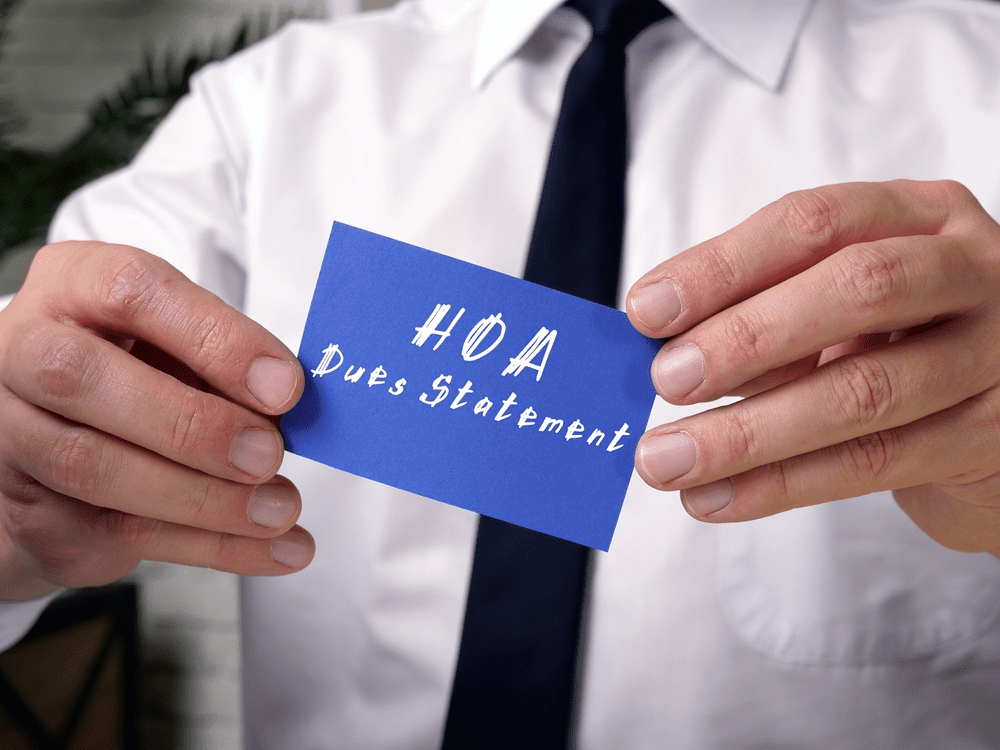Homeowners’ Association (HOA) dues are a common aspect of living in a community governed by an HOA. While these dues contribute to the maintenance and amenities of the neighborhood, there may be situations where homeowners seek ways to minimize or avoid paying HOA dues. Whether it’s due to financial constraints, dissatisfaction with HOA services, or other reasons, understanding the options available can be beneficial. In this informative guide, we will explore various strategies and legal avenues to help homeowners navigate the complexities of HOA dues. From negotiating with the HOA board to exploring legal exemptions or alternatives, we will provide insights and practical tips to help you understand your rights and make informed decisions regarding your HOA dues obligations.
Understanding HOA Dues
Homeowners’ Association (HOA) dues are periodic payments made by residents of a particular community or neighborhood to cover various shared expenses and services. These dues typically contribute to the maintenance, management, and enhancement of common areas and amenities within the community, such as landscaping, security, recreational facilities, and more.
It’s essential to comprehend the significance of HOA dues, as they play a crucial role in maintaining and preserving the overall quality of life and property values within the community.
The Importance of Timely Payments
Timely payment of HOA dues is essential for maintaining a harmonious relationship with your homeowners’ association and ensuring the smooth operation of community affairs. Failure to meet these obligations can lead to various consequences, including late fees, penalties, restricted access to amenities, and, in extreme cases, legal action.
Exploring Strategies to Handle HOA Dues Effectively
1. Budgeting and Financial Planning
Creating a comprehensive budget is the foundation for managing your finances, including HOA dues. Take the following steps to enhance your budgeting process:
- Evaluate your monthly income and expenses, allocating a specific portion to cover HOA dues.
- Prioritize HOA dues as a fixed expense, similar to utility bills or mortgage payments.
- Consider automating payments to ensure timely and hassle-free transactions.
2. Open Communication with the HOA Board
Maintaining open lines of communication with your HOA board is crucial for addressing any concerns or financial hardships related to HOA dues. Here’s how you can foster effective communication:
- Attend HOA board meetings to stay informed about community matters and understand the decision-making process regarding dues.
- Express your concerns and financial constraints, if any, to the board members, as they may be willing to work with you on alternative payment arrangements.
3. Exploring Payment Options
HOAs often provide multiple payment options to accommodate homeowners’ varying financial situations. Some potential alternatives include:
- Monthly installment plans: Requesting a structured payment plan can help alleviate the immediate financial burden while still meeting your obligations over time.
- Prepayment discounts: Inquire with your HOA if they offer incentives for making early or upfront payments, which can help reduce long-term financial strain.
4. Seek Professional Financial Advice
If you find it challenging to manage your finances or navigate the intricacies of HOA dues, consider seeking guidance from financial professionals. They can provide tailored advice and strategies based on your specific circumstances, assisting you in developing a solid financial plan to address your HOA obligations effectively.
5. Understanding and Challenging HOA Assessments
It is crucial to understand the breakdown of HOA assessments to ensure accuracy and fairness. Review the association’s financial statements, bylaws, and governing documents to identify any potential discrepancies. If you believe an assessment is unjust or improperly calculated, consider the following steps:
- Communicate with the HOA board, presenting your concerns and requesting clarification or correction.
- Seek legal counsel specializing in HOA matters to assess the validity of the assessment and provide guidance on potential courses of action.
Conclusion
Navigating the intricacies of HOA dues can be a challenging task, but with the right strategies and information, you can effectively manage and potentially alleviate the burden. By prioritizing timely payments, maintaining open communication with your HOA board, exploring payment options, seeking professional financial advice, and understanding and challenging assessments when necessary, you can ensure a harmonious relationship with your homeowners’ association.
At CashBuyers NY, we strive to empower homeowners like you with the knowledge and resources to navigate the complexities of HOA dues successfully. Implementing these strategies will not only help you overcome financial challenges but also contribute to the overall well-being and prosperity of your community.






